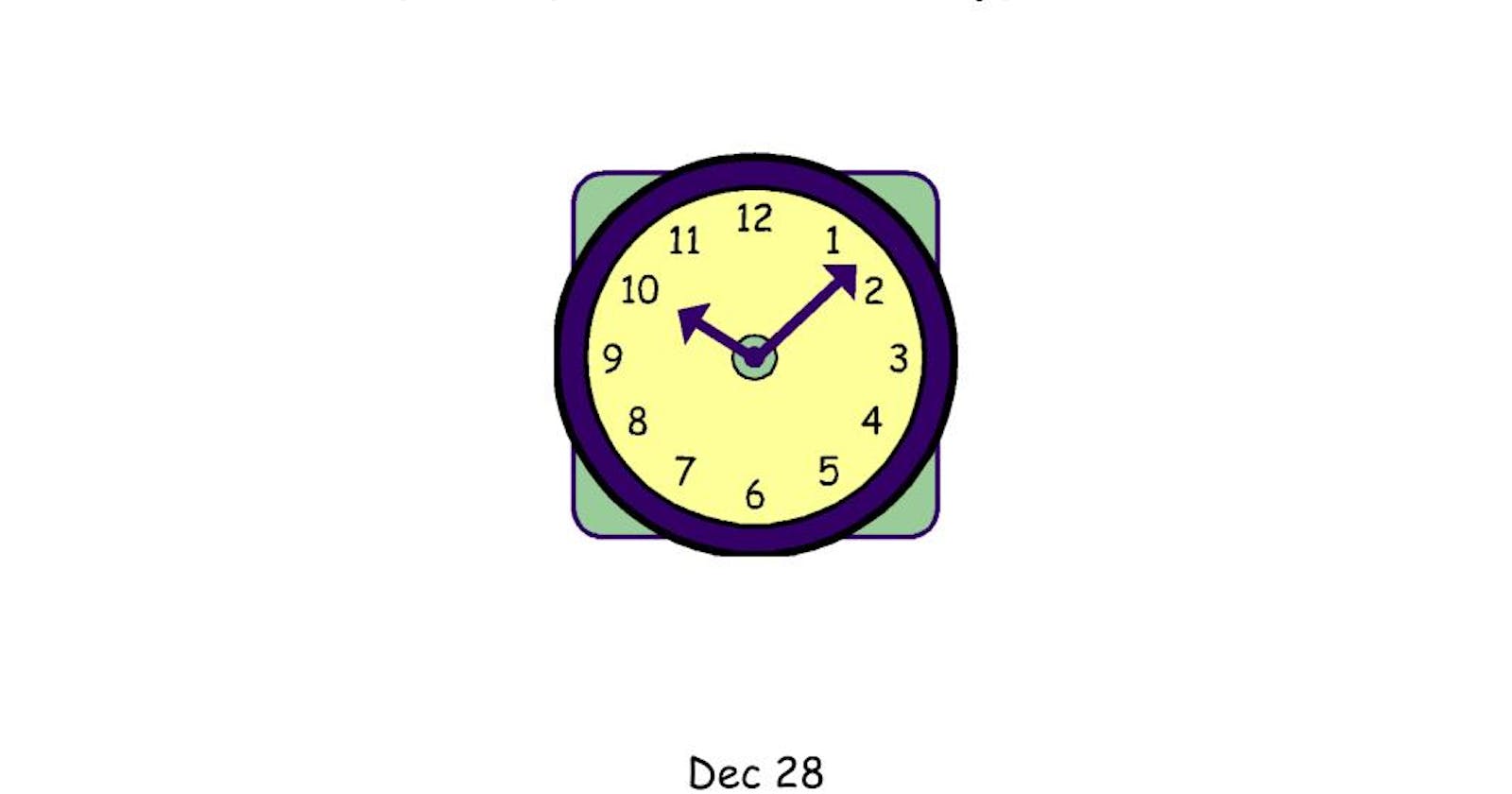Welcome back to Day 12 of our 100-day DSA challenge! Today, we delved into a fascinating problem that involved dealing with numbers raised to the power of their reverse, all the while ensuring that the results didn't lead to integer overflow. The solution lies in employing modular arithmetic and a clever recursive approach.
Understanding the Problem
The task was to compute a number raised to the power of its reverse while considering the magnitude of the outcome. To avoid exceeding the integer limits, we used modular arithmetic with a prime number, specifically 10^9 + 7.
The Solution Breakdown
Let's dissect the code to unravel its intricacies:
class Solution {
public:
long long mod = 1e9+7;
long long power(int N, int R) {
// Base case
if (R == 0) {
return 1;
}
if (R == 1) {
return N;
}
// Precomputation
long long p = (power(N, R/2)) % mod;
if (R % 2 == 0) {
return (p * p) % mod;
} else {
p = (p * p * N) % mod;
return p;
}
}
};
Base Case Handling: The code checks for the base cases where the function returns 1 if the power is 0, and it returns the number itself if the power is 1.
Precomputation and Recursive Logic: It utilizes a recursive approach to calculate the power. It computes the value of
p = (power(N, R/2)) % modto find the power ofNraised toR/2. The modulomodhelps manage large numbers efficiently.Modulo Arithmetic Implementation: The code employs modulo arithmetic throughout to avoid integer overflow. If the power
Ris even, it returns(p * p) % mod. IfRis odd, it calculatesp = (p * p * N) % modand then returnsp.
Importance of Modulo Arithmetic and Recursion
The use of modulo arithmetic is paramount in dealing with large numbers efficiently. This method constrains the results within a specified range, curbing the risk of integer overflow.
The recursive nature of the solution allows the problem to be broken down into smaller subproblems until it reaches the base cases. This divide-and-conquer strategy aids in efficiently calculating the power while keeping the code concise and elegant.
Conclusion
Day 12 provided us with an opportunity to explore the significance of modular arithmetic in preventing integer overflow. Understanding its application in algorithmic problem-solving, especially when dealing with large numbers, is a valuable skill in competitive programming.
The synergy of modular arithmetic and a recursive approach brought forth an elegant solution to this mathematical problem, ensuring both accuracy and efficiency.
Stay tuned for more exciting challenges ahead in our DSA journey! Keep coding and exploring the wonders of algorithms and data structures. See you on Day 13!
